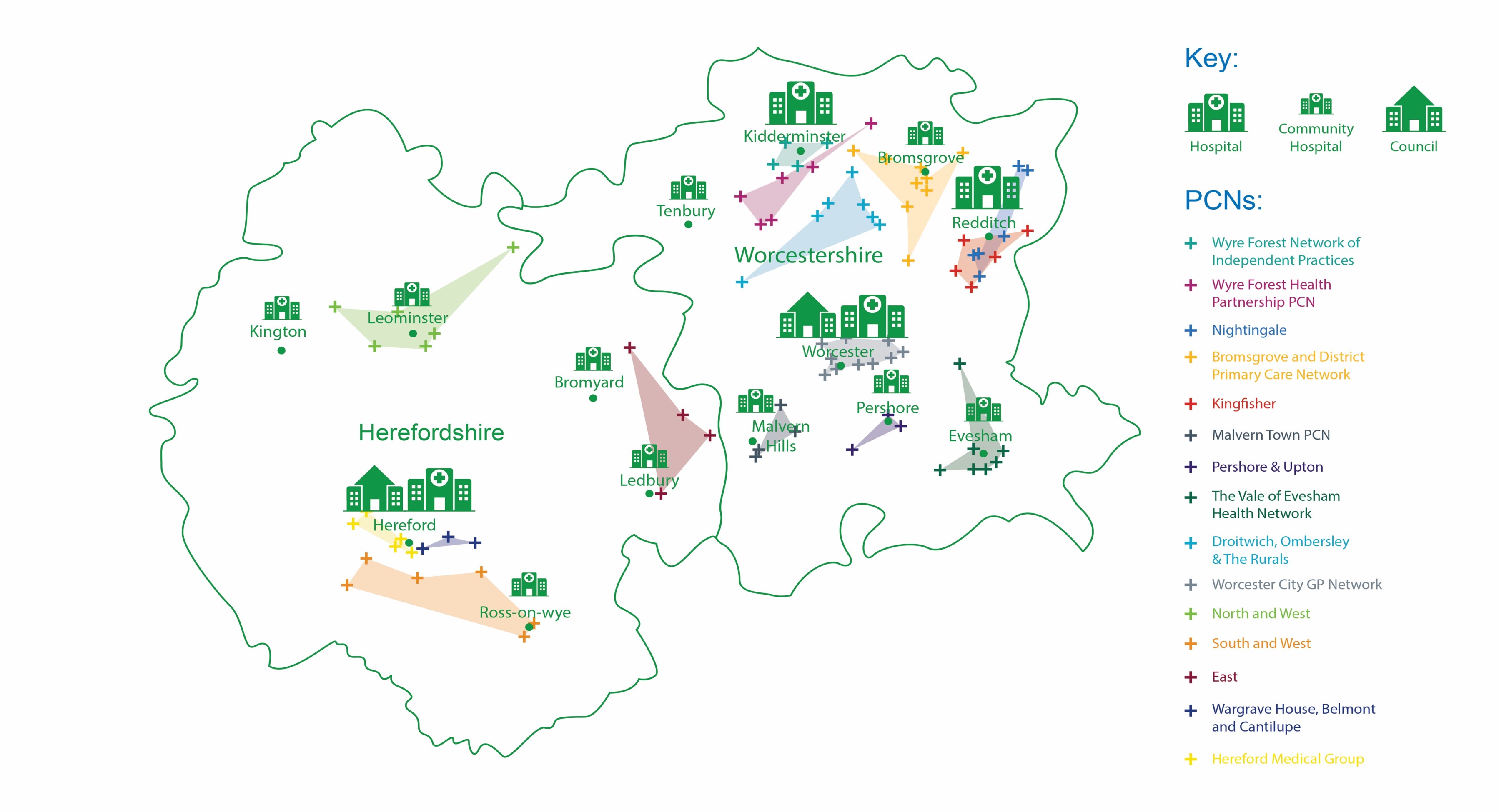Care in the Last Year of Life: Palliative and End of Life Care Toolkit
-
Palliative and End of Life Care Toolkit
Welcome to the Care in the Last Year of Life: Palliative and End of Life Care Toolkit.
This toolkit has been designed to help and support all ICS staff who care and support patients in the last year of life.
Here you will find a collection of resources and information to support you when caring for someone in the last year of life. Please help us keep this website up to date and valuable for all users. Please contact a member of the team if you feel any amendments are required.
Terminology
Palliative Care
Palliative care is defined by the World Health Organisation as an approach that improves the quality of life of patients (adults and children) and their families who are facing problems associated with life-limiting illness, usually progressive. It prevents and relieves suffering through the early identification, correct assessment and treatment of pain and other problems whether physical, psychosocial or spiritual.
End of Life Care
In England, the term ‘end of life care’ refers to the last year of life.
Universal Care
Non-specialist primary care delivered by primary, community, acute and urgent care services
Targeted Palliative Care
Non specialist palliative care delivered in hospitals, hospice at home, respite care and hospice day services (may be generalist, and/or specialist)
Specialist Palliative Care
Specialist palliative care services manage complex palliative care problems that cannot be dealt with by generalist servicesWho provides Palliative Care
Care in the last year of life can be provided by many different professionals, depending on where the person is living or staying, and their complexity of symptoms. As the patient's journey continues their health needs may change which is why care in the last year of life involves a multi-disciplinary team approach.
The patient and carer may be supported by local and national guidance and require no further support, yet as they become frailer, or more symptomatic, they may call upon generalist staff dependent on their location (hospital, home or care home). This could include a GP, district or community nurse, healthcare assistant or staff in a hospital, or care home. This also includes allied heath professionals such as OT’s, physiotherapists, dieticians and speech and language therapists.
If a patients symptoms increase in complexity and specialist level support is required a referral to specialist palliative care can be made. The specialist palliative care team is made up of specialist nurses and consultants in Palliative Medicine. Specialist palliative care teams review patients in their own homes, hospital or hospice settings.
Click below to see who provides palliative care in your area
Who provides Palliative Care
Skip Learning Disability and End of LifeSkip Dementia and End of LifeLearning Disability and End of Life
Dementia and End of Life
